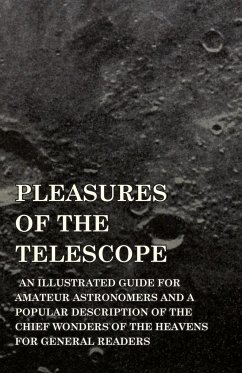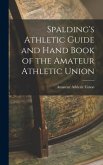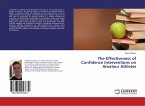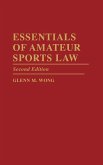Purchase one of 1st World Library's Classic Books and help support our free internet library of downloadable eBooks. Visit us online at www.1stWorldLibrary.ORG - - They burned the old gun that used to stand in the dark corner up in the garret, close to the stuffed fox that always grinned so fiercely. Perhaps the reason why he seemed in such a ghastly rage was that he did not come by his death fairly. Otherwise his pelt would not have been so perfect. And why else was he put away up there out of sight? - and so magnificent a brush as he had too. But there he stood, and mounted guard over the old flintlock that was so powerful a magnet to us in those days. Though to go up there alone was no slight trial of moral courage after listening to the horrible tales of the carters in the stable, or the old women who used to sit under the hedge in the shade, on an armful of hay, munching their crusts at luncheon time. The great cavernous place was full of shadows in the brightest summer day; for the light came only through the chinks in the shutters. These were flush with the floor and bolted firmly. The silence was intense, it being so near the roof and so far away from the inhabited parts of the house. Yet there were sometimes strange acoustical effects - as when there came a low tapping at the shutters, enough to make your heart stand still. There was then nothing for it but to dash through the doorway into the empty cheese-room adjoining, which was better lighted. No doubt it was nothing but the labourers knocking the stakes in for the railing round the rickyard, but why did it sound just exactly outside the shutters?








